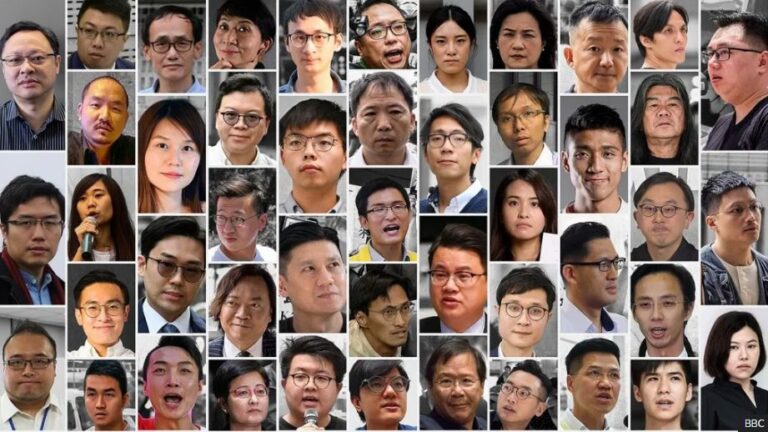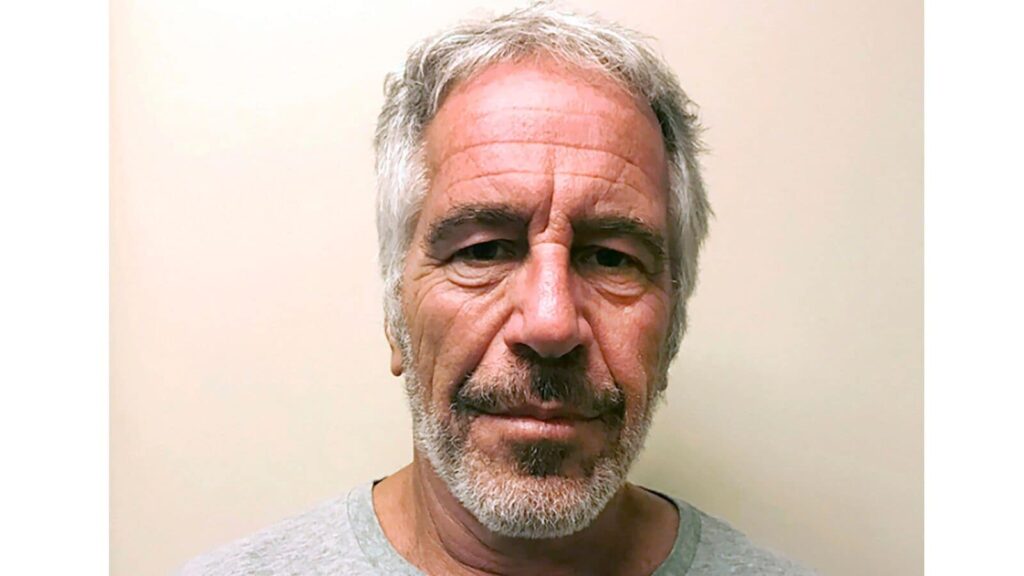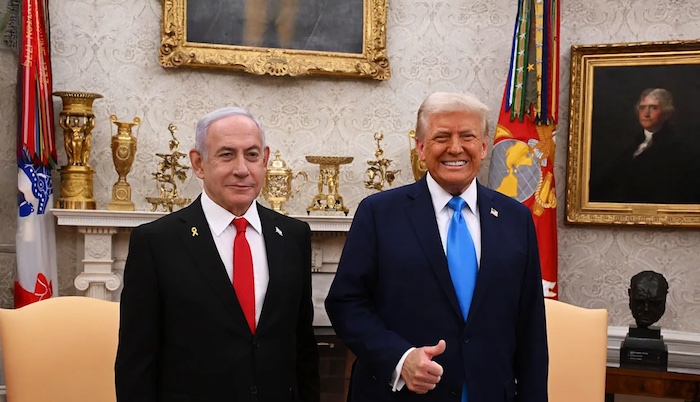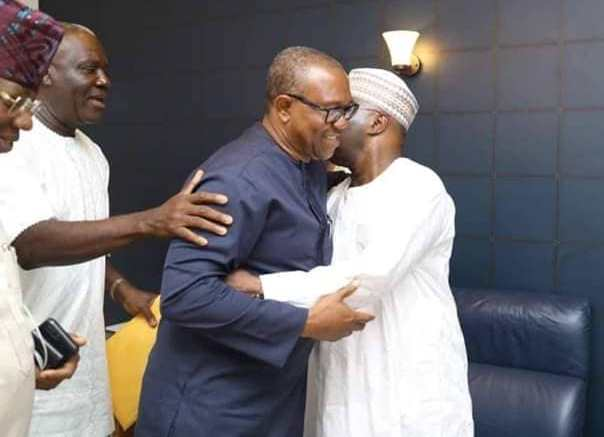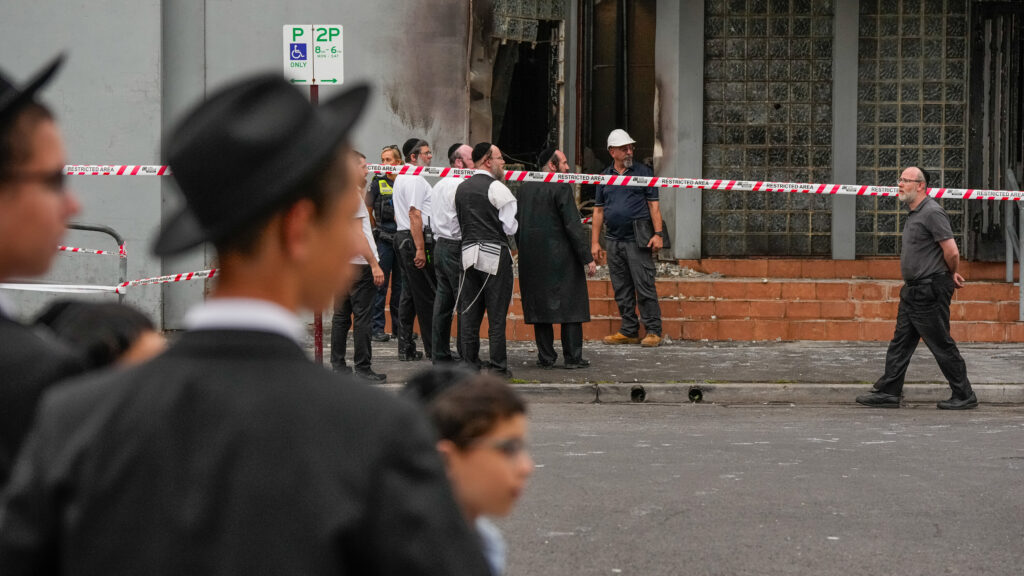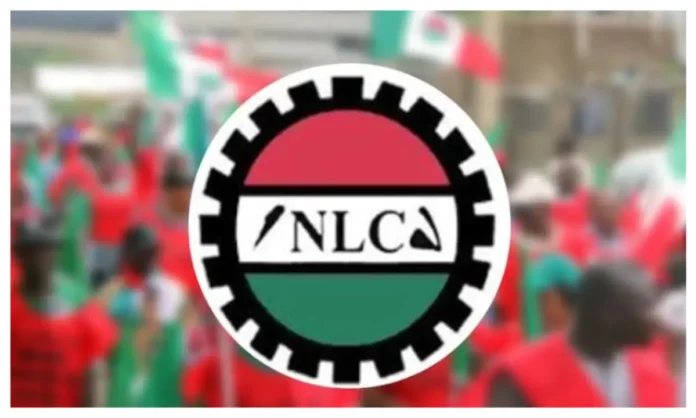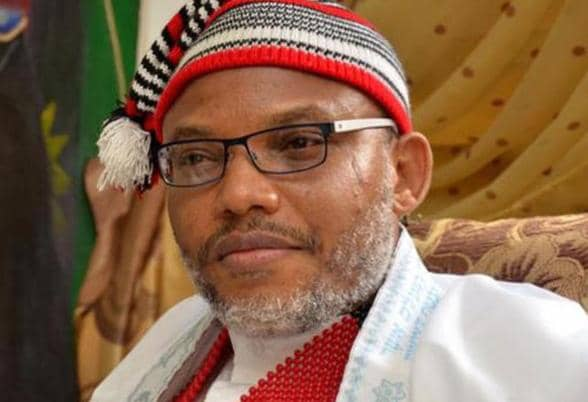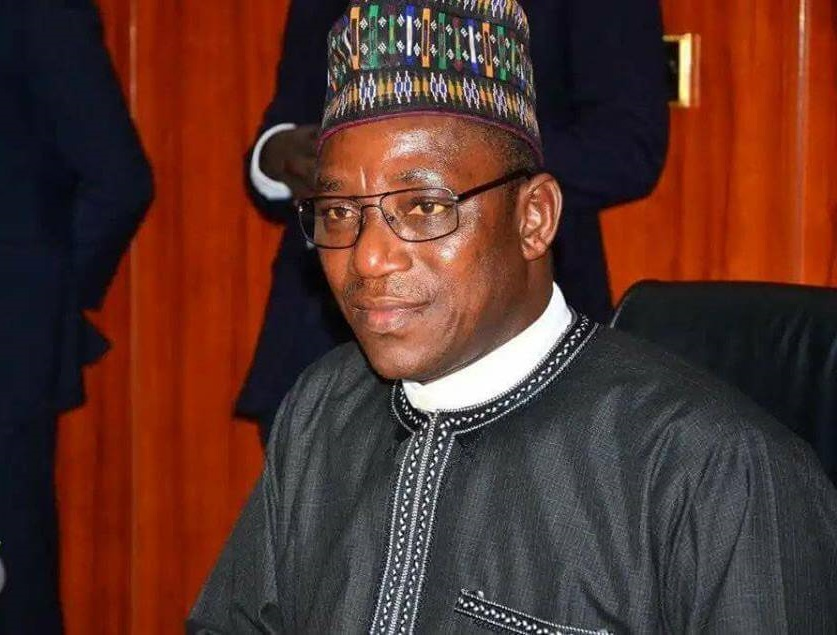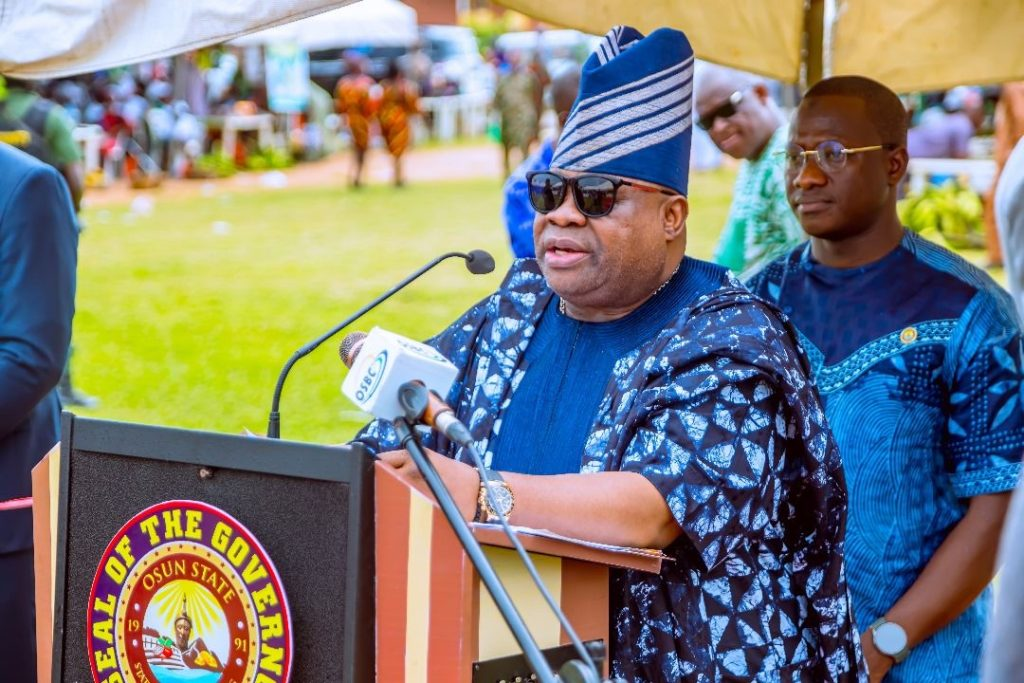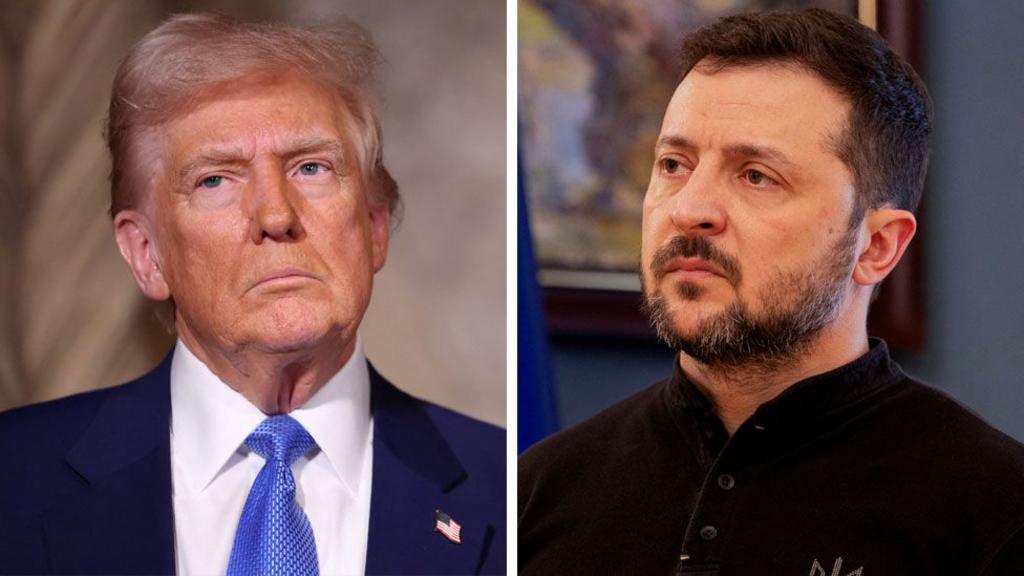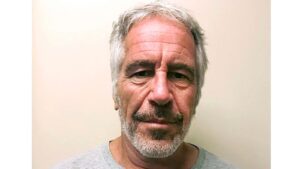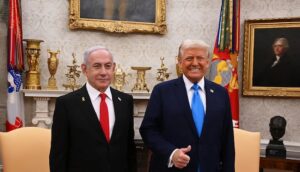Hong Kong has found 14 pro-democracy activists guilty of subversion, marking the largest application yet of the China-imposed National Security Law. Among those convicted were former lawmakers Leung Kwok-hung and Helena Wong, journalist-turned-activist Gwyneth Ho, and ordinary citizens like nurse Winnie Yu, who participated in the 2019 mass protests.
The convicted individuals were part of a group of 47 activists charged with attempting to “overthrow” the government by organizing an unofficial primary in 2020 to select candidates for office. The court ruled on Thursday that, if elected, they would have “[created] a constitutional crisis for Hong Kong.”
Rights groups and several Western nations have condemned the verdict, expressing concerns that the prosecutions are “politically motivated.” EU foreign affairs spokeswoman Nabila Massrali stated, “The conviction marks a further deterioration of fundamental freedoms and democratic participation in Hong Kong.” Australian Foreign Minister Penny Wong voiced similar objections, highlighting the ongoing use of national security legislation to target pro-democracy figures, opposition groups, media, trade unions, and civil society.
One of the convicted activists, Gordon Ng, is an Australian citizen. On Thursday, High Court judges Andrew Chan, Alex Lee, and Johnny Chan sided with prosecutors, who argued that the pro-democracy candidates, if elected, would have tried to “veto or refuse to pass any budgets” proposed by the Hong Kong government. This, and other potential actions, the court said, would have led to “serious interference, disruption, or undermining of the government’s duties and functions.”
The court presented letters and campaign materials found at the defendants’ homes and on their devices as evidence, dating back to their arrests over three years ago.
The court acquitted two of the defendants, former district councillors Lawrence Lau and Lee Yue-Shun, stating it “cannot be sure” they were “parties to the scheme” or had “the intention to subvert the state’s power.” However, the justice department has announced plans to appeal the acquittals.
The group of 47 includes some of the most prominent figures in the pro-democracy movement, tracing back to the 2014 protests for free and fair elections. “They encapsulate the diverse and universal yearning for democracy and freedom among Hong Kong’s citizens,” said Simon Cheng, who was accused of violating the National Security Law (NSL). Cheng fled Hong Kong and has since been granted asylum in the UK.
This case has garnered significant attention as another test of Hong Kong’s civil liberties under Beijing’s rule. Alongside the trial of billionaire Jimmy Lai, it has highlighted growing criticism that the NSL is being used to suppress dissent. However, China maintains that the law restored stability to the city following the 2019 protests and is crucial for maintaining order.
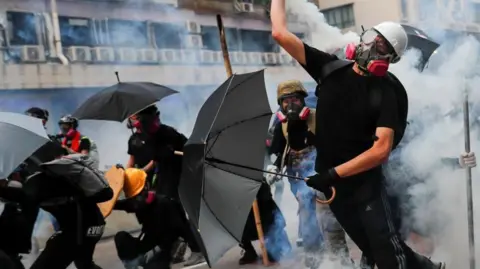
In response to the Thursday verdict, Beijing’s foreign ministry stated, “Hong Kong is a society based on rule of law… No one can conduct illegal activities under the banner of democracy and try to escape legal sanctions.” Ministry spokeswoman Mao Ning added, “We resolutely oppose certain countries intervening in China’s domestic affairs and smearing or undermining Hong Kong’s legal system by individual judicial cases.”
Hong Kong officials praise the NSL’s nearly 100% conviction rate, but legal experts argue this demonstrates how the law is being used to silence dissent. Nearly 300 people have been arrested under the NSL for a wide range of acts.
Sentencing for the convicted individuals is expected at a later date, including for the 31 who pleaded guilty. Subversion carries a maximum sentence of life imprisonment, and it remains unclear if a guilty plea will result in a reduced sentence under the NSL.
Many of the guilty pleas were likely pragmatic decisions, as the activists recognize their chances of a fair trial are slim, according to Mr. Cheng. “It’s a tragic reflection of how activists are being forced into concessions just to mitigate the severity of their punishment under an increasingly authoritarian regime,” he said.

